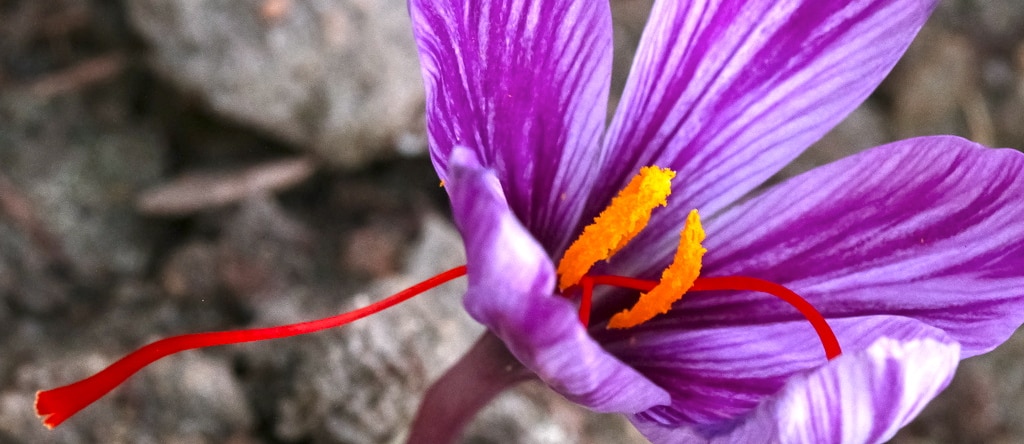September is World Alzheimer’s Month, in recognition of those stricken with the devastating disease, now the sixth leading cause of death in the United States. We’ve known for almost 20 years that compared to long-time vegetarians, those eating meat (including poultry and fish) appear to have three times the risk of developing dementia. Since studies show “even moderately elevated cholesterol increased dementia risk,” the cognitive impairment more often seen in those eating meat may be due to atherosclerotic plaque building in the brain’s blood vessels, which can cause micro-infarctions or “ministrokes” that can kill off little parts of the brain the way clogged coronary arteries can kill off parts of the heart during a heart attack.
New evidence presented in today’s NutritionFacts.org video-of-the-day suggests that this may be only part of the puzzle. Maybe it’s not just what vegetarians don’t eat, but what they do; the phytonutrients found in plant-based diets have been shown to have a wide range of beneficial effects. In a double-blind randomized placebo-controlled clinical trial (the so-called “gold standard” of modern medicine), the spice saffron was found to significantly beat out out the control “sugar pill” in helping to prevent further cognitive decline in Alzheimer’s patients.
Saffron has been used as a folk remedy for more than 90 diseases since the Bronze Age over 3,000 years ago. We currently have preliminary science supporting its role for erectile dysfunction, depression, premenstrual syndrome, and now, Alzheimer’s disease.
The study used a daily dose of 30mg of saffron a day. According to the World Health Organization, up to 1.5 grams a day may be safe, but 5 grams can be toxic, and 20 grams fatal. Saffron is contraindicated (meaning should not be used) for those with bleeding disorders and for pregnant women (since it may induce uterine contractions). In tomorrow’s video-of-the-day saffron is put to a head-to-head challenge against a leading Alzheimer’s drug.
-Michael Greger, M.D.
